Prolegomena on Metre and Textual History of the Rgveda: Metrische und textgeschichtliche Prolegomena, Berlin, 1888
₹895.00
Sold By:
Motilal Banarsidass Publishing House
In stock
Prolegomena on Metre and Textual History of the Rgveda: Metrische und textgeschichtliche Prolegomena, Berlin, 1888
Oldenberg made a distinction between the "original text" of the Rgveda, which is the form in which the rsis composed and recited their hymns, and the "traditional text," which has been handed down to us in a fixed form by the oral tradition. The "original text" of the Rgveda is the form in which the rsis composed and recited their hymns. Oldenberg conducted a comprehensive analysis of all parts of the traditional text in order to give the original text to the academic community in the form and arrangement that he had uncovered. This was done so that other researchers may benefit from his findings. Oldenberg always intended for the contents that are now being published in this book to serve as a Preface to his planned edition of the Rgveda. This volume is now being published. They are the product of Oldenberg's in-depth research on the Vedic metre, the principles that underlie the arrangement of the hymns in the Rgveda Samhita, the variations found in the text of the mantras as found in the Rgveda and the later Samhitas and the Brahmanas, orthoepic diaskeuasis, and the two Sakhas of the Rgveda: Sakala and Baskala. Later on, Oldenberg decided against releasing his 'critical edition' of the Rgveda as he had originally intended.
Author
HERMANN OLDENBERG,
TRANSLATED BY: V.G. PARANJAPE & M.A. MEHENDALE
Too Good to Resist Sale is Live BUY AND SAVE NOW
Prolegomena on Metre and Textual History of the Rgveda: Metrische und textgeschichtliche Prolegomena, Berlin, 1888
Oldenberg made a distinction between the “original text” of the Rgveda, which is the form in which the rsis composed and recited their hymns, and the “traditional text,” which has been handed down to us in a fixed form by the oral tradition. The “original text” of the Rgveda is the form in which the rsis composed and recited their hymns. Oldenberg conducted a comprehensive analysis of all parts of the traditional text in order to give the original text to the academic community in the form and arrangement that he had uncovered. This was done so that other researchers may benefit from his findings. Oldenberg always intended for the contents that are now being published in this book to serve as a Preface to his planned edition of the Rgveda. This volume is now being published. They are the product of Oldenberg’s in-depth research on the Vedic metre, the principles that underlie the arrangement of the hymns in the Rgveda Samhita, the variations found in the text of the mantras as found in the Rgveda and the later Samhitas and the Brahmanas, orthoepic diaskeuasis, and the two Sakhas of the Rgveda: Sakala and Baskala. Later on, Oldenberg decided against releasing his ‘critical edition’ of the Rgveda as he had originally intended.
Author
HERMANN OLDENBERG,
TRANSLATED BY: V.G. PARANJAPE & M.A. MEHENDALE
About the Author(s)
Hermann Oldengerg, who lived from 1854 to 1920, is widely regarded as one of the most accomplished Indologists to come out of Germany. He had university teaching positions in both Kiel and Berlin. German was his chosen language for the translation of the Dipavamsa, Rgveda, and Grhyasutras.
Of his numerous writings like Buddha, sein Leben, seine Gemeinde, Die Lehre der Upanischaden und die Anfange des Buddhismus, Die Literature des alten Indiens, among others, Die Religion des Veda (1894) is his most noteworthy and oft-quoted work.
In 1920, Professor V.G. Paranjapa (1887-1976) travelled to Paris to earn his Doctor of Letters degree. Between the years 1915 and 1946, he was a professor at Fergusson College in Pune, where he taught Sanskrit. He also translated into English (in four volumes) A. Bergaigne’s “La Religion Vedique d’apres les Hymnes du Rig-Veda” and H. Oldenberg’s “Veda forschung.” Both of these works were originally written in French. He translated J. Block’s “La Formation de la Langue Marathe” into Marathi. Between the years of 1923 and 1927, he served as the Honorary Secretary of the Bhandarkar Oriental Research Institute (BORI). From 1934 to 1939, he was also the Editor of the BORI’s Annals and the Chairman of the Institute’s Regulating Council (1975-76).
Additional information
| Weight | 0.5 kg |
|---|---|
| Dimensions | 10 × 11 × 12 cm |
| Book Author | Hermann Oldenberg, V. G. Paranjpe, M. A. Mehendale |
Be the first to review “Prolegomena on Metre and Textual History of the Rgveda: Metrische und textgeschichtliche Prolegomena, Berlin, 1888”
You must be logged in to post a review.


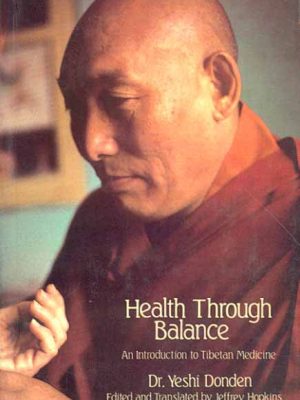
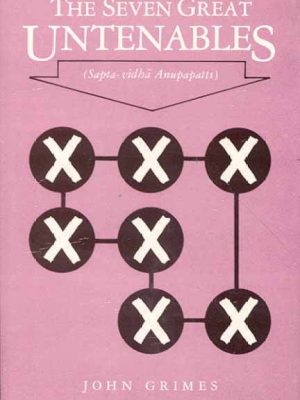
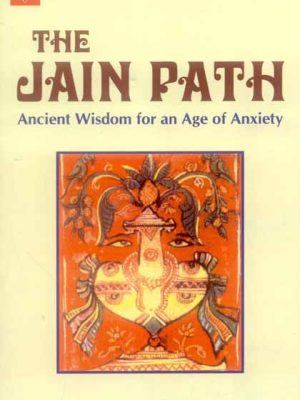
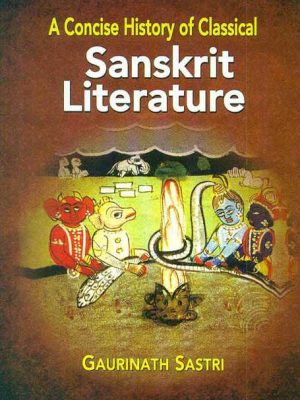
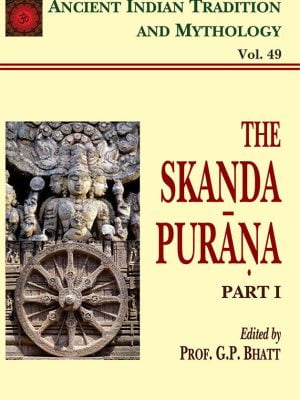
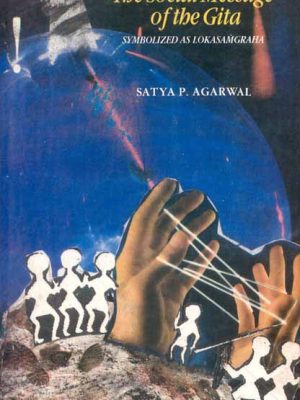


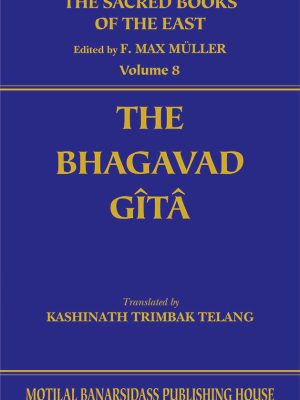
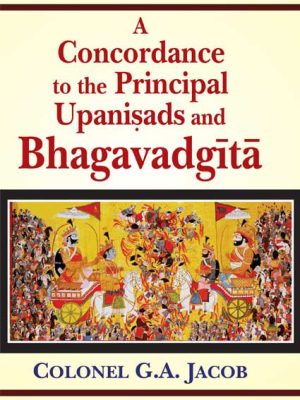

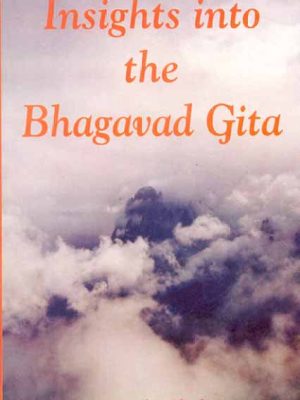
Reviews
There are no reviews yet.